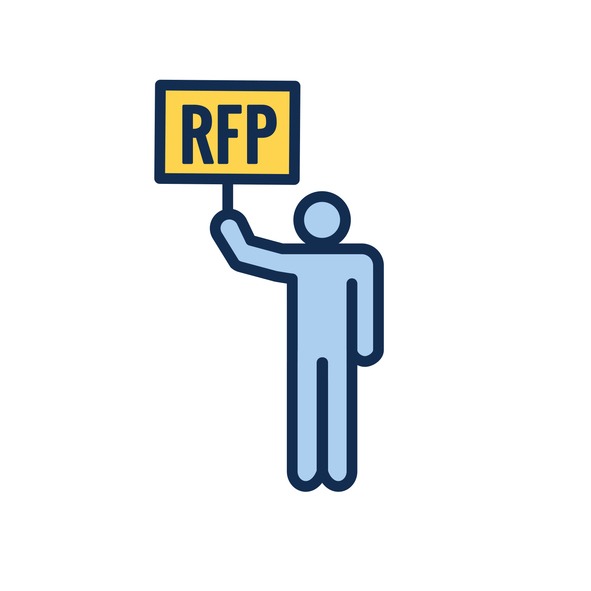Technology Contracts: Vendor Proposals in Response to RFPs - Implications on the Ultimate Contractual Framework Between User and Vendor
April 21, 2025
Randy S. Kramer


Technology Contracts: Vendor Proposals in Response to RFPs - Implications on the Ultimate Contractual Framework Between User and Vendor
Make no mistake.
Vendor proposals in response to RFPs have implications on the ultimate contractual framework between the user and the vendor.
When a client initiates the contracting process by issuing a Request for Proposal (RFP) and subsequently awards the contract to the selected vendor based on their proposal, it is essential to incorporate that proposal into the contract by reference. This ensures that the vendor's substantial commitments made in their RFP response are included in the contract. Doing so is not only just for the client but also fair to other bidders who were not selected. The winning vendor’s proposal should not merely serve as a marketing tactic; clients depend on the claims and promises outlined in these documents, and the chosen vendor must be accountable for them.
Regrettably, some vendors try to disavow their own proposals, even claiming their responses to the client’s request lack legal validity because they haven't been approved by the vendor’s legal team, making them unincorporable into the final contract. This tactic undermines the trust established at the start of the relationship and raises concerns that the vendor may be behaving unethically, attempting to distance themselves from the commitments made in their proposal, like pricing and other crucial guarantees. If the client chooses to proceed with such a vendor despite this, it is essential for them to diligently verify that all critical components from the vendor’s proposal- including vendor personnel location, security and cyber resilience, certifications, service levels, and any other requirements from the client’s RFP- are explicitly included in the vendor’s contract.
International Business Law Firm
Providing international business law services respecting the law of the US, Canada, and the UK
Serving growth companies, startups, and investors
TO CONTACT US:
E: info@kramerintlaw.com
T (US): + 1.347.588.4060, Ext. 1010
© 2025 Kramer International Law
All rights reserved.


T (Can): + 1.514.470.0717, Ext. 1010
